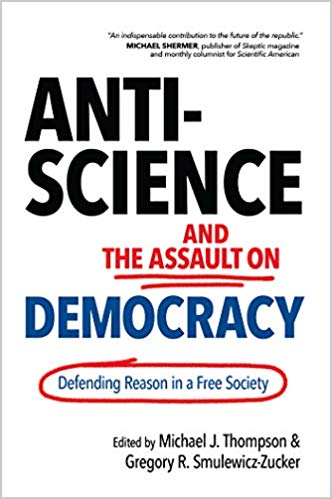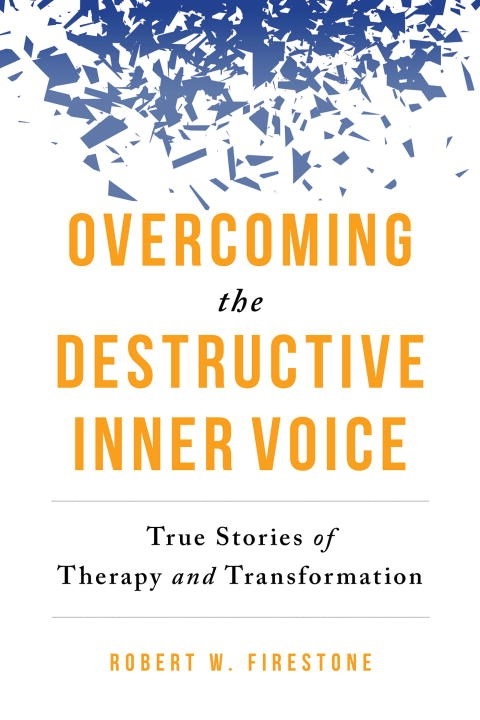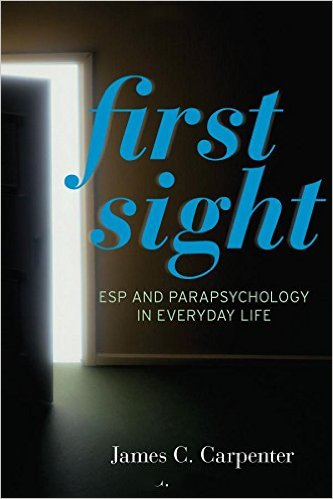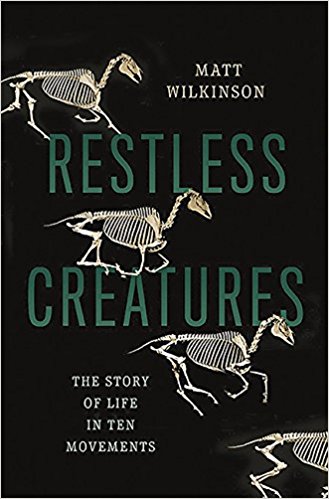You must be logged in to post a review.
Anti-Science and the Assault on Democracy: Defending Reason in a Free Society
During the Renaissance, an explosion of scientific activity not only gave way to technological advancment, but it also had a deeper impact on European society. Its elite, and later all of its people, applied the scientific principle of rational discourse and evidence-based inquiry to challenge traditional systems of authority, namely religious institutions and institutions that supported the monarchy. It can be argued that the Enlightenment was an outgrowth of the scientific reasoning during the Renaissance. Today, we are seeing increasing attitudes toward disparaging scientific observations and their subsequent conclusions, as can be seen with members of the government denying climate change, endorsing “alternative facts,” and conferring the same status to individual opinion as to scientific hypothesis. Hence, as a society we are inadequately setting priorities instead of channeling adequate resources where they are needed and solving common problems for the greater good. <br><br>This book is a collection of essays that argue weakening scientific institutions by restricting knowledge sharing and that cutting funds for scientific research effectively muzzles the scientific community, erodes scientific research, deemphasizes data-based evidence, and ultimately corrodes the foundations of our democracy. The essays roughly outline the arc of scientific thinking in a democracy beginning with Enlightenment ideas including the notion that data-driven analysis and synthesis is a valid methodology to address societal issues. As our society and the issues it faced became more complex, experts were needed to address specialized and complex issues. This led to the rise of technical elites. Post-modernism lead to the rise of relativism, which allows accepting multiple, and in some cases incompatible, views. Examples here include teaching both creationism and evolutionary theory in schools. This trajectory then gave way to holding scientific theories at the same level as opinions that, for instance, assert that global warming is not real despite the mounting scientific evidence. The message is clear: we need to return to valuing data- and research-based conclusions more highly than ideas that are based on less scientific data and reasoning. <br><br>Some of the essays are better written and easier to follow than others, which is an inevitable outcome in works that are a collection of essays. The essays tend to be academic, and some may be more challenging to follow. However, each presents compelling arguments to infuse data-driven analysis into societal issues.
| Author | Michael J. Thompson, Editor • Gregory R. Smulewicz-Zucker, Editor |
|---|---|
| Star Count | /5 |
| Format | Hard |
| Page Count | 303 pages |
| Publisher | Prometheus Books |
| Publish Date | 2018-11-12 |
| ISBN | 9781250086570 |
| Bookshop.org | Buy this Book |
| Issue | April 2019 |
| Category | Science & Nature |
| Share |






Reviews
There are no reviews yet.